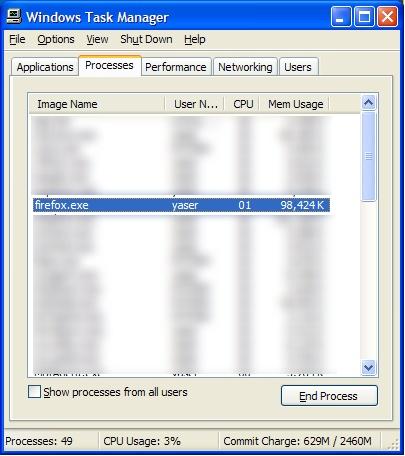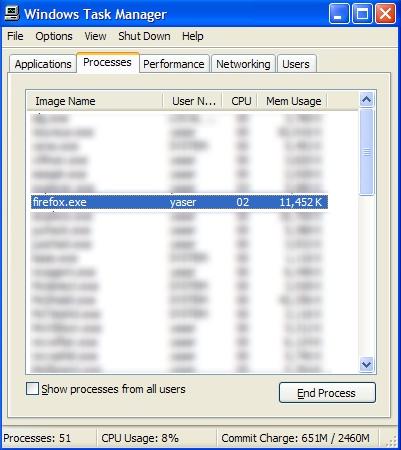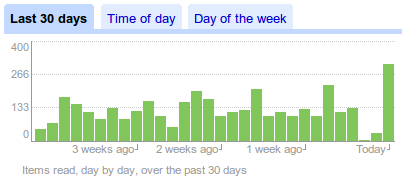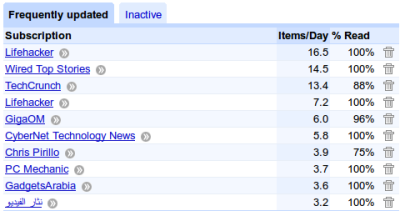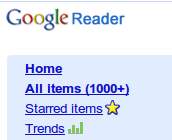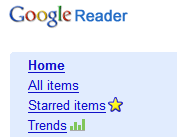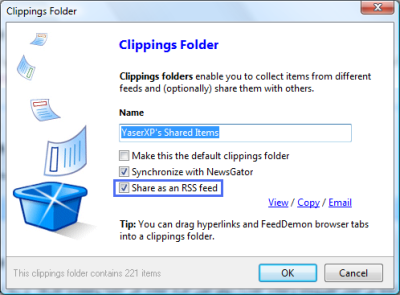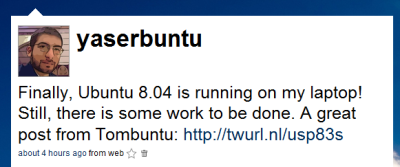Phew!! I was so close to forget that I have a blog that needed to be maintained regularly! I didn’t intend to leave my blog for more than two weeks without updating it, but things got out of my hands… sort of!
I had two weeks to spend relaxing in Syria before coming back for my last semester as an undergraduate. For my surprise, my PC there (an old one) wasn’t working properly. I tried to fix it myself but I didn’t have the necessary equipment. I didn’t take to be repaired because I was… too relaxed! I said to myself: “I can survive two weeks without a PC, I only need to go to an Internet café from time to time“.
My first (and only) visit to the café was terrible! The DSL connection was literally slower than a dial-up! I started to panic: “I HAVE TO check my e-mail, publish a post on my blog and update my status on Facebook. I just HAVE TO!“. Then, it hit me: “What if I left everything and tried to enjoy my vacation without worrying about anything related to technology for once?“.
And that was exactly what I did. To tell you the truth, I can’t remember the last time I felt this relaxed before. I admit that catching up will be hard (1000+ unread items in my Google Reader!!), but it was worth it.
Now that I’m back online, I’ll continue blogging regularly. I won’t be publishing posts at the same rate as I did in the summer though, because I have a lot to deal with right now
